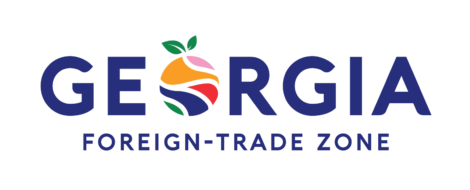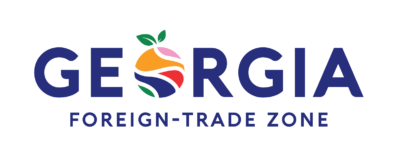FTZ T/IM Process Creates Exciting Opportunities for Small/Medium Sized Manufacturers and FTZ Grantees
By Domenick Gambardella, Anthony Tennariello, and Mathew Mermigousis
To help reduce the foreign-trade zone (“FTZ”) program costs, and provide quicker access to FTZ benefits for small and medium-sized manufacturers (“SMMs”), the Foreign-Trade Zones Board (the “Board”), in 2004, instituted a procedural change to its FTZ manufacturing application process. This procedural enhancement not only helps SMMs in maintaining US production and strengthening their global competitiveness by opening the door to FTZ benefits sooner, but also creates exciting opportunities for general purpose FTZs.
By way of background, in order to realize inverted tariff savings and other FTZ manufacturing benefits, companies must receive specific manufacturing authority from the Board. In this regard, manufacturers located in general purpose FTZs, and companies operating in sub-zones who did not request specific manufacturing authority as part of their original FTZ application, are required to file a separate manufacturing request with the Board, which can be a costly and lengthy process, in particular for SMMs. Specifically, SMMs incur substantial FTZ establishment and implementation costs (e.g. FTZ activation) prior to realizing FTZ savings.
Opportunely, the Board’s procedural change provides SMMs (i.e., companies with less than 500 employees) certain relief from these costs. The Board’s procedural change allows SMMs within pre-existing FTZ space to obtain Temporary/Interim Manufacturing (“T/IM”) status pending final Board approval of their permanent manufacturing authority application. SMMs are eligible for T/IM status provided their manufacturing operations are consistent with government policy and prior Board actions, and are (1) non-complex in nature and clearly presenting no new, complex, or controversial issues, or (2) for export only.
T/IM status is generally granted within 75 days of official docketing of the application by the Board. The T/IM status processing time is substantially less than the 10-12 months it normally takes a company to receive a grant for permanent manufacturing authority. T/IM status is granted for a period of two-years during which SMMs have sufficient time and resources to prepare and file their permanent manufacturing authority applications.
The major benefit of T/IM status is that it allows SMMs to realize their FTZ savings, and thus have the financial resources to pay for their application and FTZ implementation costs, while their permanent manufacturing application is being reviewed by the Board. Moreover, the T/IM program facilitates the application process for SMMs because the Board has also expanded its counseling initiatives for SMM, made available sample applications, and has issued simplified guidelines/ formats (See the Board’s website at http://ia.ita.doc.gov/ftzpage/ t-impage.html). Accordingly, SMMs are able to realize their FTZ benefits in a more efficient, expeditious, and less costly manner.
Due to the advantages that the T/IM process provides to SMMs, it also creates exciting opportunities for general purpose FTZs, which are home to many SMMs, to further expand their community’s development plans, and accommodate their community’s business needs. Specifically, the T/IM process is particularly appealing to SMMs located within the general purpose FTZs who cannot afford the expense normally associated with the manufacturing application process; therefore, increasing the attractiveness and interest of the FTZ program, and general purpose FTZ-space in particular since the T/M process is only available for SMMs located within pre-existing FTZ space.
By successfully marketing the T/IM process, FTZ Grantees would be able to increase the number of FTZ users within the general purpose FTZ-space. As a result, FTZ Grantees would be provided with additional tools to achieve their community’s goals of (a) sustaining and/or improving employment; (b) encouraging retention of domestic activity; (c) preserving and creating manufacturing jobs; (d) enhancing opportunities to develop export trade; and (e) improving international competitiveness.
In conclusion, the T/IM process presents a significant opportunity for FTZ Grantees to grow their zone projects. Accordingly, to take advantage of this opportunity and to further support their community’s job growth and business expansion goals, FTZ Grantees need review their zone projects and educate SMMs within their zones on the benefits of the T/IM process.

